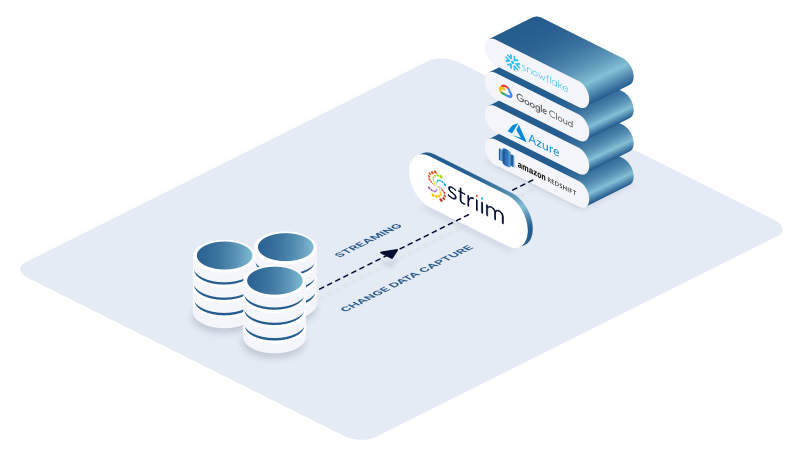Data replication is the process of creating and maintaining multiple copies of the same data in different locations as a way of ensuring data availability, reliability and resilience across an organization.
References
-
 Data replication can alleviate accessibility issues and prepare your business for disaster. Learn more benefits here.🔗blog.syniti.com
Data replication can alleviate accessibility issues and prepare your business for disaster. Learn more benefits here.🔗blog.syniti.com -
https://en.wikipedia.org/wiki/Replication_(computing)🔗en.wikipedia.org
-
 Read Redis' comprehensive look at data replication. Learn about the benefits, different types of replication, challenges involved, and more.🔗Redis
Read Redis' comprehensive look at data replication. Learn about the benefits, different types of replication, challenges involved, and more.🔗Redis -
 What is data replication and why is it important?🔗fivetran.com
What is data replication and why is it important?🔗fivetran.com -
 A Computer Science portal for geeks. It contains well written, well thought and well explained computer science and programming articles, quizzes and practice/competitive programming/company interview Questions.🔗GeeksforGeeks
A Computer Science portal for geeks. It contains well written, well thought and well explained computer science and programming articles, quizzes and practice/competitive programming/company interview Questions.🔗GeeksforGeeks -
 Data replication is the process of creating and maintaining multiple copies of the same data to help ensure data availability, reliability and resilience.🔗ibm.com
Data replication is the process of creating and maintaining multiple copies of the same data to help ensure data availability, reliability and resilience.🔗ibm.com -
 Data replication is the process of moving or copying data from one place to another or storing data simultaneously in more than one location.🔗Informatica
Data replication is the process of moving or copying data from one place to another or storing data simultaneously in more than one location.🔗Informatica -
What is data replication ✓ How data replication works ✓ Types of data replication ✓ Replications in distributed system ✓ Data replication schemes in DBMS ✓ Data loss prevention with Device Control🔗manageengine.com
-
 Data replication is the process of creating and maintaining identical copies of data across multiple storage locations in real-time or periodically.🔗Qlik
Data replication is the process of creating and maintaining identical copies of data across multiple storage locations in real-time or periodically.🔗Qlik -
 The data replication strategy you choose is crucial as it impacts how and when your data is loaded from source to replica and how long it takes.🔗Striim
The data replication strategy you choose is crucial as it impacts how and when your data is loaded from source to replica and how long it takes.🔗Striim -
 Data replication helps organizations maintain up-to-date copies of data in a disaster. Replication can occur over various networks, as well as the cloud.🔗Disaster Recovery
Data replication helps organizations maintain up-to-date copies of data in a disaster. Replication can occur over various networks, as well as the cloud.🔗Disaster Recovery -

 Replication
Replication